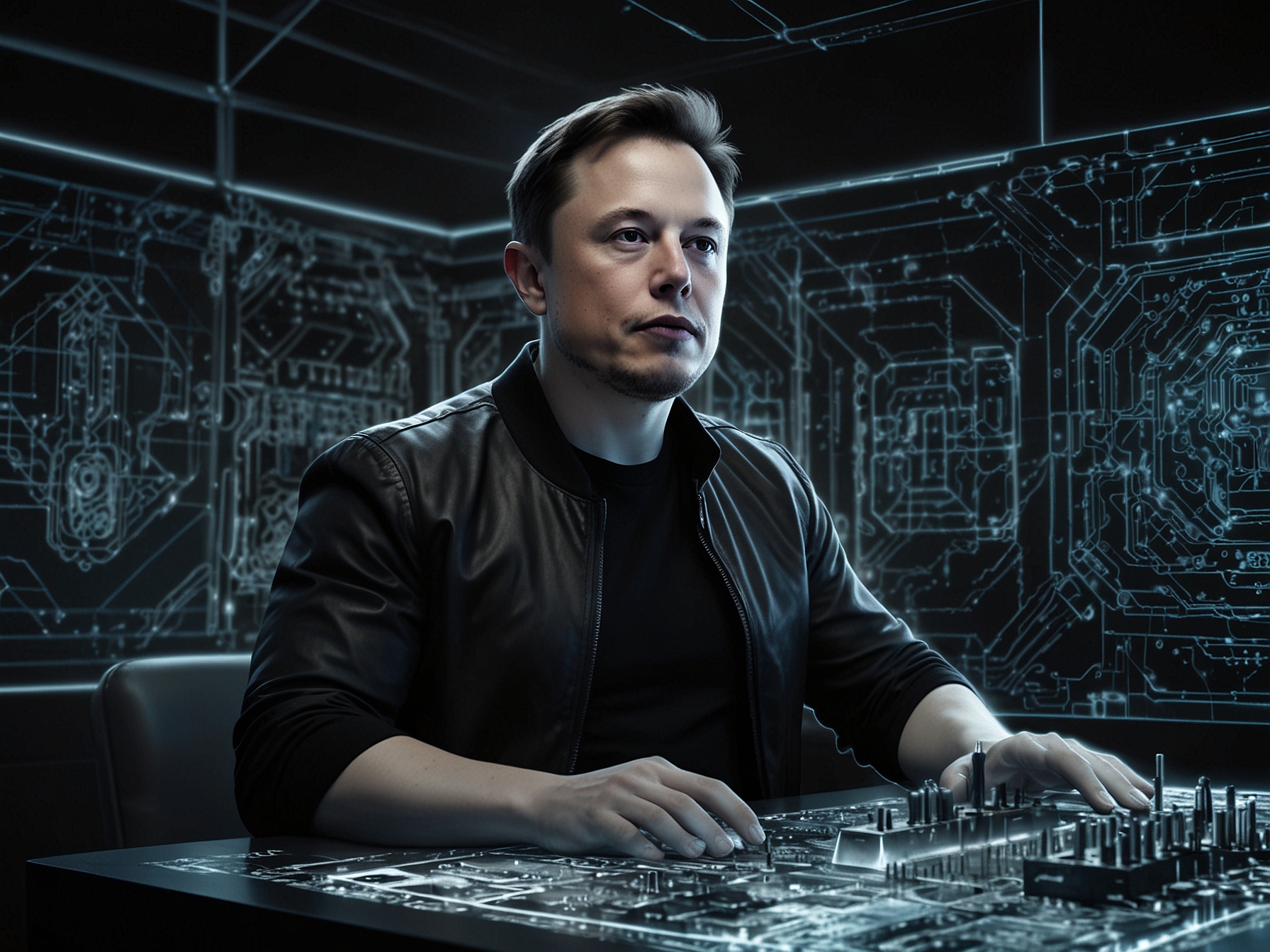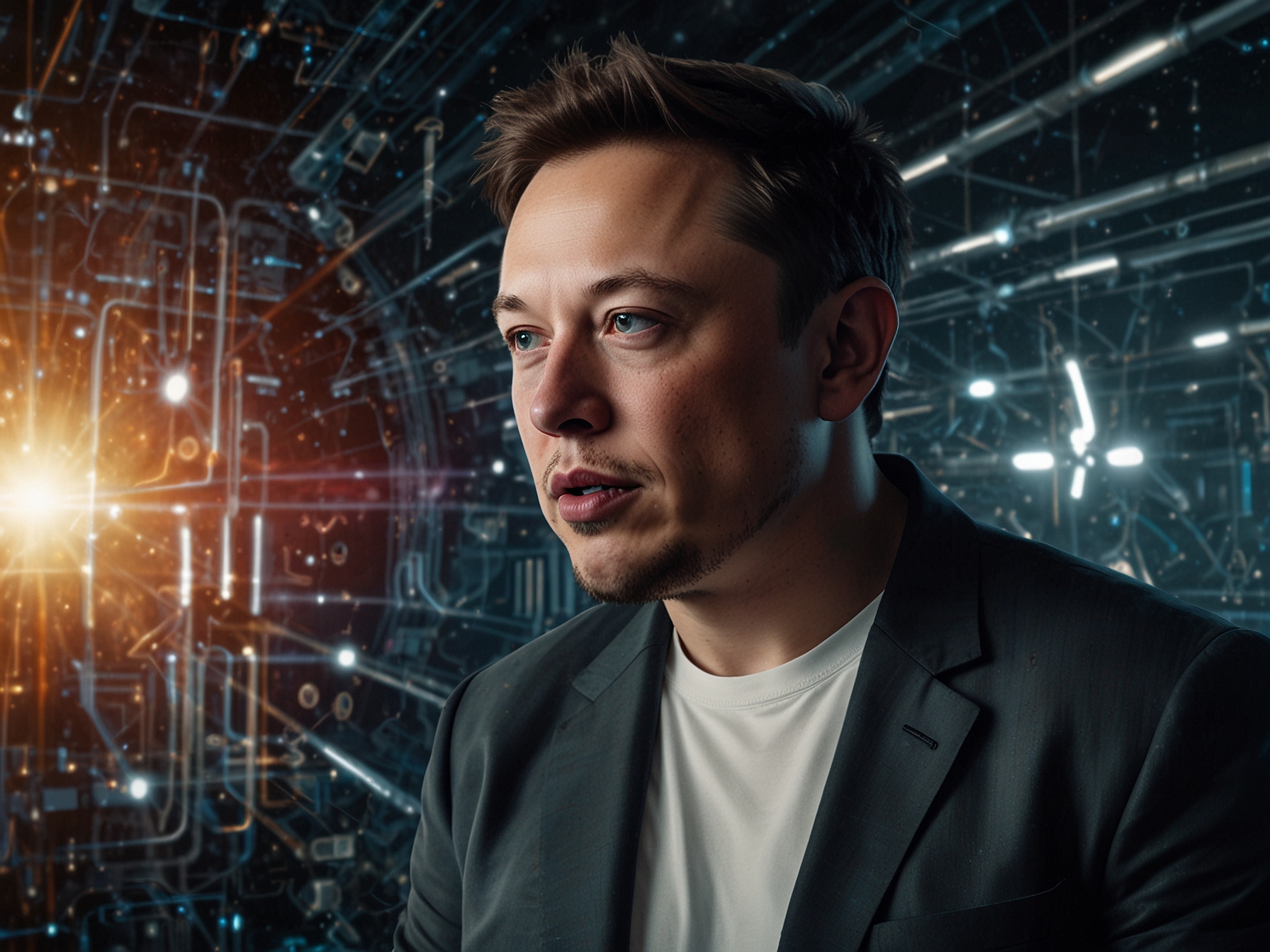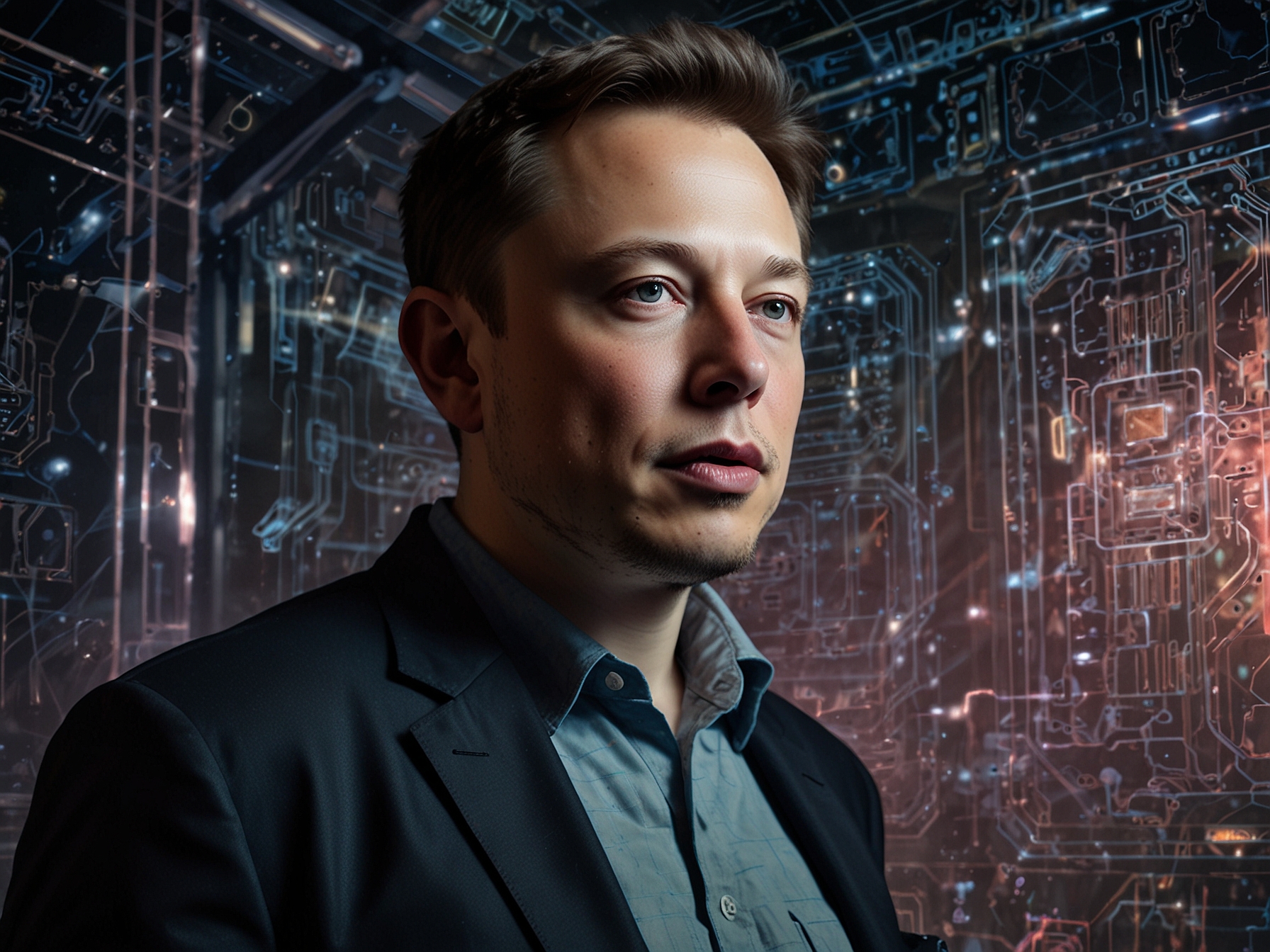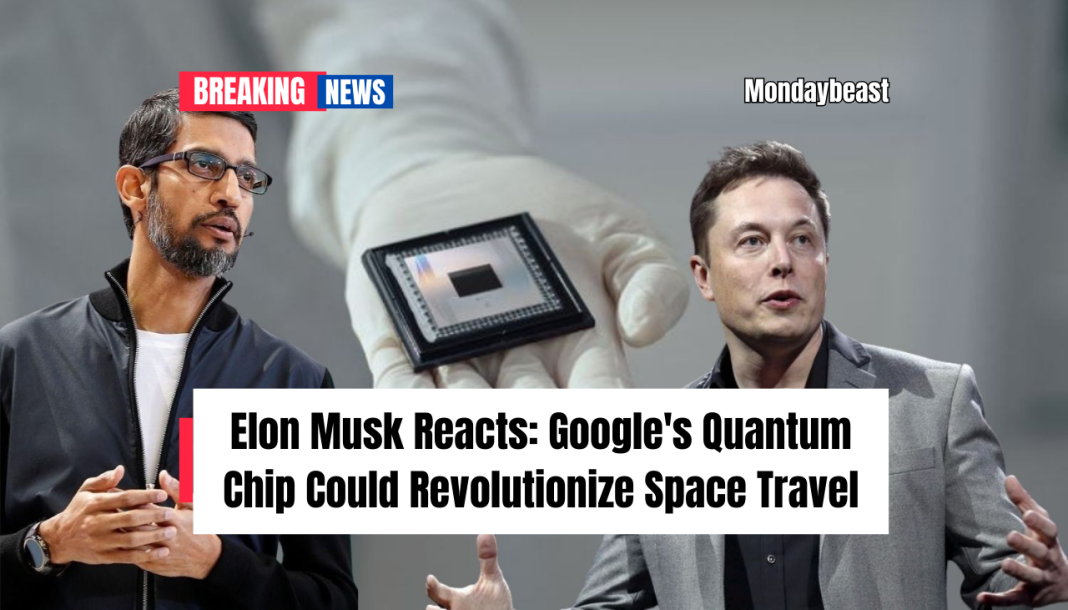In a world filled with rapid technological advancements, who wouldn’t feel a sense of wonder? Elon Musk, a figure synonymous with innovation, recently shared his astonishment regarding Google’s groundbreaking Willow quantum chip. Brow-raising moments like this remind us of the incredible potential of technology. Musk commented, simply stating, “Wow,” under a post by Alphabet CEO Sundar Pichai, capturing widespread attention. What could this mean for the future of technology?

Why is everyone talking about the Willow chip? For starters, it packs a punch. With more qubits than its predecessors, it minimizes computational errors, addressing a major hurdle in quantum error correction that the tech world has been wrestling with for nearly three decades. Hartmut Neven, the head of Google Quantum AI, shared this groundbreaking news that moments like these mark the dawn of a new age in computing. Could it really change the way we understand data processing?
The chip isn’t just about numbers; it boasts astonishing speed. Imagine a device so compact that it can accomplish tasks that would take traditional supercomputers ten quintillion years. Yes, you read that right. This tiny marvel does in under five minutes what current machines can’t achieve in eons. If that’s not mind-blowing, what is? It opens the door to incredible possibilities in fields like healthcare and AI development.

However, let’s pause for a moment. With great power comes great responsibility. As quantum computing evolves, there are fears about its potential misuse. The capacity to compromise security and encryption brings challenges. Is the tech community prepared for these looming dangers? Musk’s interaction with this technology hints at a future where clusters of quantum machines could one day escape our atmosphere, riding on a SpaceX rocket. What would that look like?
Pichai’s suggestion of launching these quantum machines into space is ambitious, but it’s hardly an impossible dream. Can you imagine a future where quantum computing is not just grounded but also soaring among the stars? This notion challenges our existing frameworks, stirring excitement and worry alike. Experts urge us to tread carefully, balancing exploration and ethical considerations.

Other players in this arena include Microsoft, Harvard University, and Quantinuum, highlighting that quantum computing is no longer a solitary venture. It’s a collaborative effort. Still, Musk’s enthusiasm for the Willow chip positions him uniquely at the intersection of tech and space exploration.
The implications of technologies like the Willow chip extend beyond simple computations. If it can indeed enhance our understanding of fusion reactors, we could find ourselves on the brink of solving some of humanity’s most pressing issues—energy crises and healthcare advancements. But will we direct this power toward good? The future is a canvas, waiting for us to paint it wisely.
Elon Musk’s excitement about the Willow chip raises questions. Are we ready for the challenges it brings? How will we ensure that our advancements serve humanity, not harm it? As we gaze into this new frontier, one thing is clear: the future is unfolding before our very eyes.




